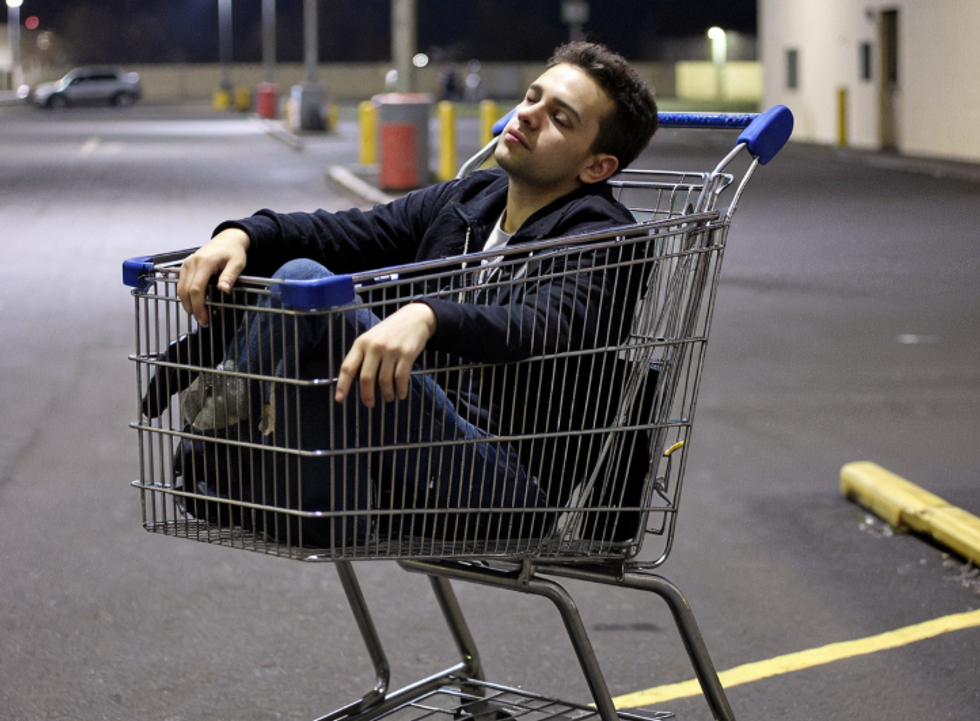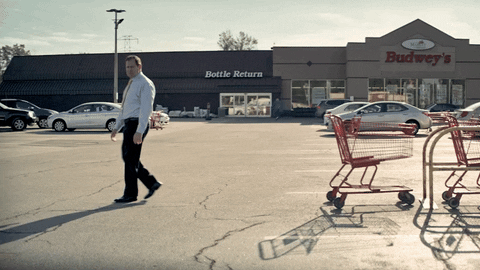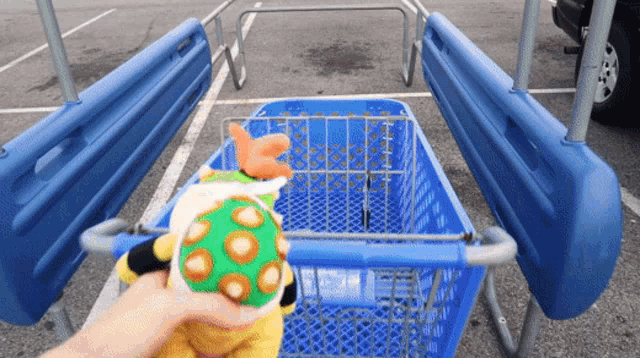A simple decision at the grocery store—returning a shopping cart or leaving it in the parking lot—might say more about your personality than you realize. According to a viral theory, this everyday action is actually a litmus test for self-governance and social responsibility.
The idea, originally posted on 4chan, suggests that putting a cart back in its designated place is a sign of good character. Unlike other social norms, there are no immediate consequences for abandoning a cart, making it a pure test of whether someone will do the right thing without being forced.
“The shopping cart is the ultimate litmus test for whether a person is capable of self-governing,” the post claims. “It is easy and convenient, and most people know that it is the right thing to do.”
The theory argues that returning a cart is always the correct choice except in emergencies—but because there are no laws requiring people to do it, it’s up to each individual to decide. The post goes further, saying that those who don’t put their carts back are the type of people who need laws to force them into good behavior.
"The shopping cart presents itself as the apex example of whether the person will do the right thing or not without being forced to do it."
— Original 4chan post
Some people agree with the idea, saying abandoned carts can be a safety hazard or just a general annoyance for shoppers and store employees.
“No, they absolutely wouldn’t. They have cart corrals in random spots in the parking lot where customers need to put the carts,” u/Distracted_bunny argued. “Not putting carts in the corral is hazardous, especially when it's windy out and slams into someone's car and puts a dent in it.”
Another user, u/Zee3420, had an even stronger reaction. “It also determines whether I hate you when I have to grab it right before it starts storming. I hate people who don’t put carts back or at least in the corrals. F*** those people.”

However, not everyone believes this theory is a perfect measure of morality. Some argue that external factors, like age, disability, or simply following the behavior of others, can influence whether someone returns their cart.
Anthropologist Krystal D’Costa explained how social influence plays a role. “That guy who didn’t return his cart may not be a complete jerk. He may just be using the example set by others so he can get home a little more quickly,” she told The Kitchn.
"If everyone does that, then we’re shifting the balance of what is acceptable, which may have greater ramifications to the social order."
— Krystal D’Costa, anthropologist
Others pointed out that older individuals or people with mobility issues might struggle to return their carts, making the test unfair.
While the shopping cart test may not be a perfect measure of morality, it has certainly sparked a conversation. Whether you see it as an ethical decision or just a matter of convenience, the debate isn’t likely to go away anytime soon.















 It wasn't even February, so she wasn't expecting what came next.
It wasn't even February, so she wasn't expecting what came next.  The hug came first, the 'yes' took a few moments more.
The hug came first, the 'yes' took a few moments more. 














 Image Source: Joshua Potash | Reddit
Image Source: Joshua Potash | Reddit 
